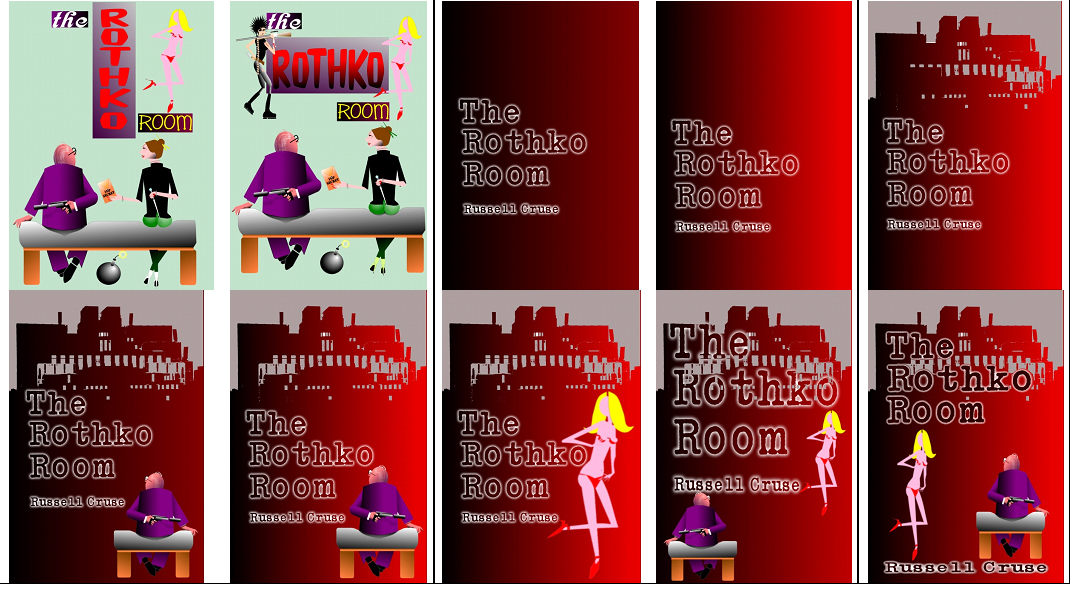Ghost Blogs haunt the internet as spectral shades of ideas unread and thoughts unwritten.
Once they were young, fit and eager to launch themselves into the exciting world of free expression; to declaim upon the public platform; to swell the ranks of the citizen journalist. And for a brief moment, they did. It wasn’t that difficult, actually; a weekly appointment with their readership, anticipated by both and relished for a time; not all that demanding, was it?
Oh, occasionally, a holiday or some other issue might find the Blog forgotten for a day or so beyond the deadline but before long, they would be back in the saddle, giving voice to thoughts and concepts, the expression of which others might only dream.
But then, inevitably, would come the week when the idea would remain stubbornly unformed and thoughts a little sluggish. A couple of days, the Blog would imagine, and the muse would visit once more, as she always had, and blow gently on the keys to breathe new life into asthmatic literary lungs.
Except that this time; this one time, she didn’t show.
And slowly, over the weeks, Blogs faltered, faded and died, leaving only the faintest echo of what they once were. Now they remain in dark, unblessed corners of the internet where only the unwary might stumble upon them and stir them into fitful life once again. No, not life: a thing unlike life but like enough to be grasped by clutching tendrils of thought, desperate to be expressed. A few feeble words; the odd phrase, may escape before the visitor moves quickly on and the darkness closes over the Blog, once more.
And so they wait. What sense they have is devoted only to the urge to be noticed: to be read and (dare they even imagine it?), to be posted in!
This is my gift to my own poor, languishing Blog who has waited so long for me to return. Do I only fancy that a vestige of sprit remains? Is this a mere guilty token to help assuage my guilt at leaving my own Blog to die? I don’t think so. Although I have some valid reasons for abandoning it to the mercies of cyberspace, it would shame me beyond measure were I to attempt to use them to excuse my neglect. The prospect of such a mortifying experience would render it impossible for me to contemplate allowing such a thing to happen again.
Given a fair wind and a kind hand, the Weblog – to give it its true and proper name- will recover in time; perhaps almost to a stage where this bleak episode may be forgotten.




 RSS Feed
RSS Feed

